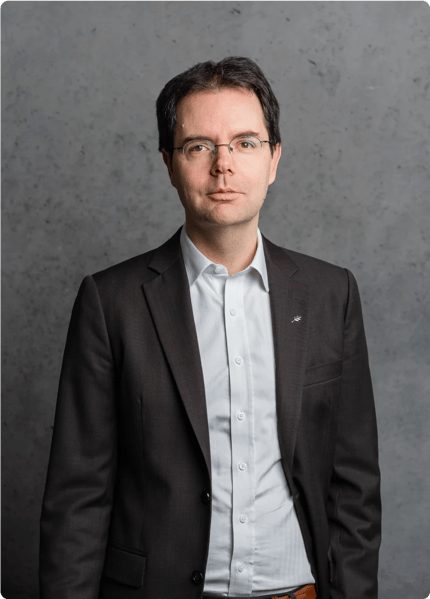Is this the return of the golden age of hedge funds?

-

Léonard Dorsaz Analyst Fund Manager

First, a little history
Alpha generation by hedge funds has been disappointing since 2008. A number of factors can explain this, but perhaps the most significant is the highly generous monetary policies pursued by central banks. Extremely low interest rates encouraged investors to take on more risk over an extended period of time, which supressed volatility and limited the number of market downturns.
Beyond that, the data show that financial markets generally go through large cycles. Investors flock to a new investment theme every ten years – initially for logical reasons, such as the advent of the internet or a surge in demand for commodities as a result of China’s economic boom. But later the trend often becomes exaggerated, leading to overly optimistic valuations and inflating a bubble that subsequently bursts in spectacular fashion. It then takes around another ten years for the bruises to heal and for investors to forget the battering. Only at that point can we start to hope for another reversal in the trend.
Hedge funds on track to return to normal
They generated handsome returns on the back of the tech bubble, which caught investors’ attention. Inflows into these funds continued to gain pace until 2007. A period of outflows then followed starting with the 2008 financial crisis, as returns were hard to come by for several years.
Things changed once again with the pandemic. Hedge funds have since recorded solid absolute returns, and alpha generation is back at levels not seen since the 1990s and 2000s. This shows that managers are able to generate absolute returns independently of returns on risk assets.
We believe this trend will continue. The hedge fund industry has undergone the necessary cleanout, and ill-suited fund managers have left. What’s more, short positions are close to record lows, indicating there’s little competition, which is always good news for market players. We’re also seeing a combination of limited volatility and high dispersion, which points to an auspicious climate for active fund managers.
In 2023, we are bullish on directional funds that invest in the credit and equity markets. Last year’s correction has created attractive entry points, and the risk of a recession is marginal.
Do you appreciate our investment strategy and would you like to know more about our services? Contact us for a no-obligation consultation.
Author
-
 A graduate of the University of Geneva in mathematics, Léonard Dorsaz joined the banking sector and specialised in the selection of funds, more particularly alternative funds. He joined Piguet Galland in 2004, where he heads the department in charge of selecting and monitoring external products and has managed the Piguet Opportunity Fund since 2008. He holds the CIIA diploma.
A graduate of the University of Geneva in mathematics, Léonard Dorsaz joined the banking sector and specialised in the selection of funds, more particularly alternative funds. He joined Piguet Galland in 2004, where he heads the department in charge of selecting and monitoring external products and has managed the Piguet Opportunity Fund since 2008. He holds the CIIA diploma.





